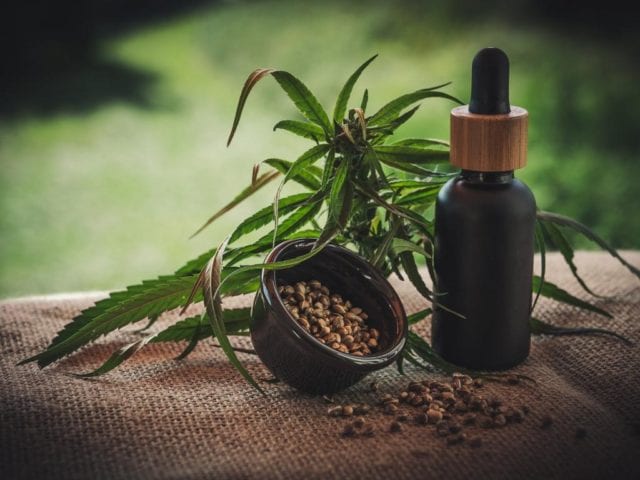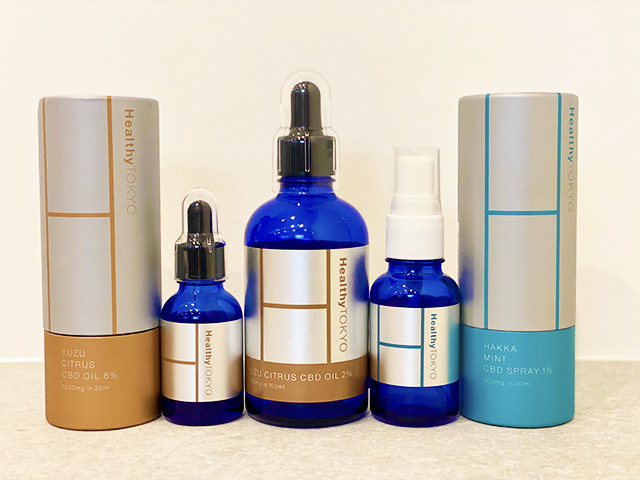Facts about CBD Oil

What is CBD oil?
CBD oil is a well-known and highly sought-after CBD concentrate. Like the dozens of cannabinoids found in hemp and CBD plants, CBD is organic, but non-soluble in water and at room temperature. CBD that is incorporated into a carrier oil can be administered in many forms, including liquids, topical creams and even food products.
While THC (tetrahydrocannabinol) is considered the most well-known cannabinoid, CBD (cannabidiol) produces distinct effects, making it a more viable and versatile compound. Unlike THC, CBD is not psychotropic – it won’t get you high. Most CBD oils on the market today are derived from industrial hemp varieties that are high in CBD and low in THC. This way, the benefits of CBD can be enjoyed safely and legally, without any of the negative side effects of THC.
Applications and benefits of CBD
CBD is known to activate and enhance the body’s nervous system responses via the endocannabinoid system (ECS). The ECS has two main cannabinoid receptors, known as CB1 and CB2. While CBD’s relationship with these receptors has yet to be fully understood, it is capable of influencing them in ways that lead to various therapeutic outcomes. Currently, CBD oils are considered dietary supplements by law. But a growing body of research is unveiling the full potential of CBD in a medical context. Ultimately, CBD oil is a good daily supplement to support the body’s natural processes and promote homeostasis.

CBD and the endocannabinoid system
At first glance, these terms share obvious similarities. This is because the cannabinoids found in CBD (phytocannabinoids) are extremely similar to those naturally produced by the body (endocannabinoids). “Endo” is short for “endogenous”, which means “born from within”. This means that the phytocannabinoids in CBD can interact with the endocannabinoid system in similar and unique ways to their natural cousins.
CBD oil research
Current research on CBD has uncovered many medicinal properties that suggest future treatments using this cannabinoid. Studies have shown that CBD alleviates the symptoms of various disorders, affecting the body and mind. In 2003, a patient received federal approval to treat a number of inflammatory and neurodegenerative disorders with CBD. Learn more information on the best cbd oil in this link.
In addition, this cannabinoid is still more accepted than ever in terms of its use in medical trials. In fact, the U.S. Food and Drug Administration (FDA) approved the first-ever CBD formulation (in the form of an oral CBD spray) to treat two rare forms of childhood epilepsy, known as Dravet syndrome and Lennox-Gastaut syndrome. However, federal rules prohibit any claims about the effectiveness of CBD in a medical setting. When CBD is sold on the internet, the products are classified as personal care products, or natural supplements.
Why use hemp instead of CBD to harvest CBD?
As mentioned earlier, hemp is high in CBD and low in THC and it is usually the other way around for CBD. Industrial hemp is a variant of the CBD sativa species, which has been selectively bred over several decades to retain traits advantageous to different industries. This not only allows for a dose of CBD oil from hemp to be consumed without getting high, but it also means that hemp can be grown legally and the oil can be imported. These are just a few of the benefits of using hemp instead of THC-rich CBD to create high-quality CBD oils.



